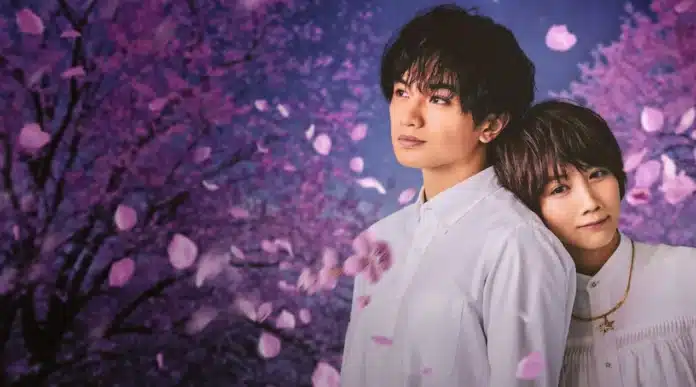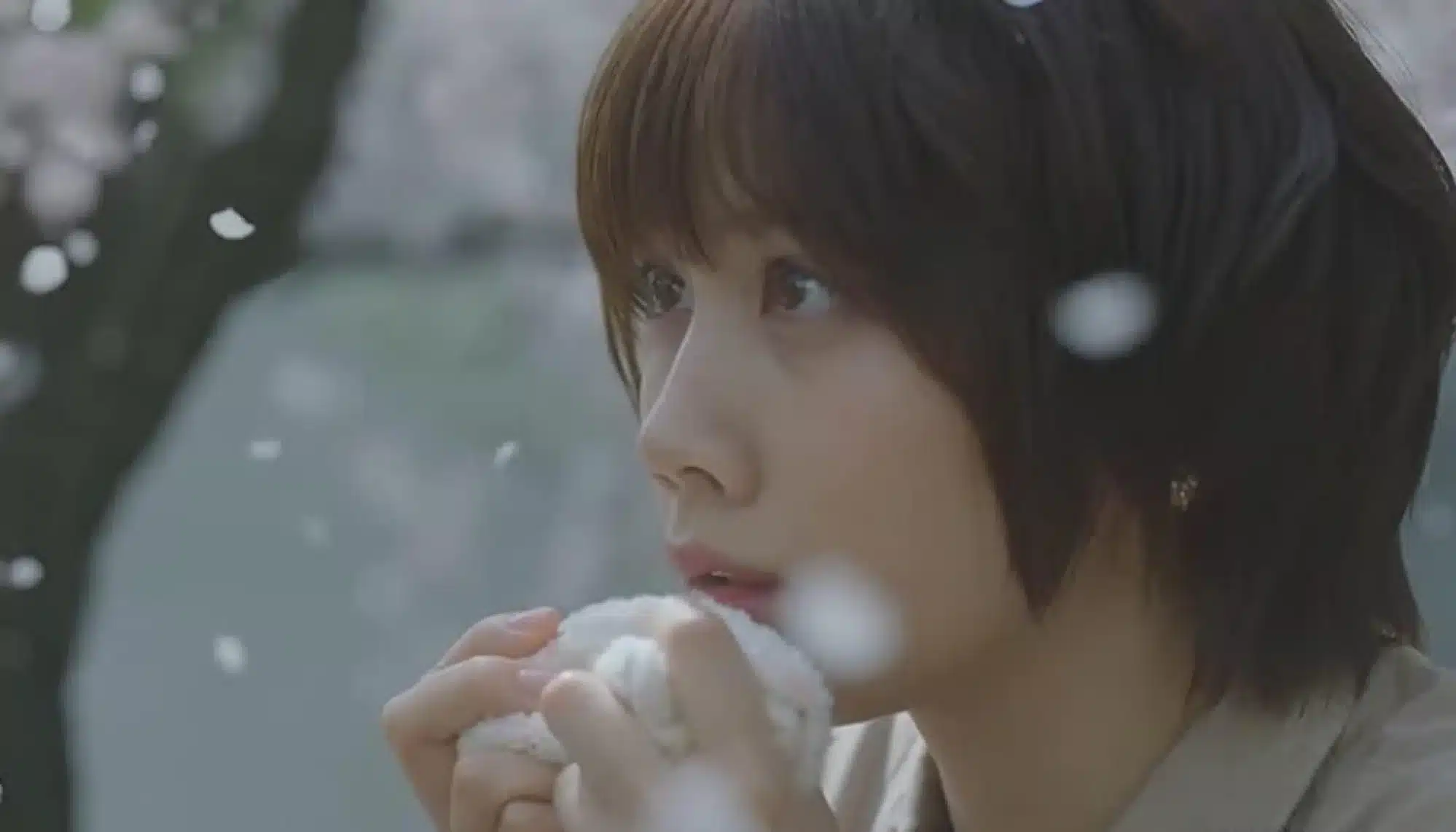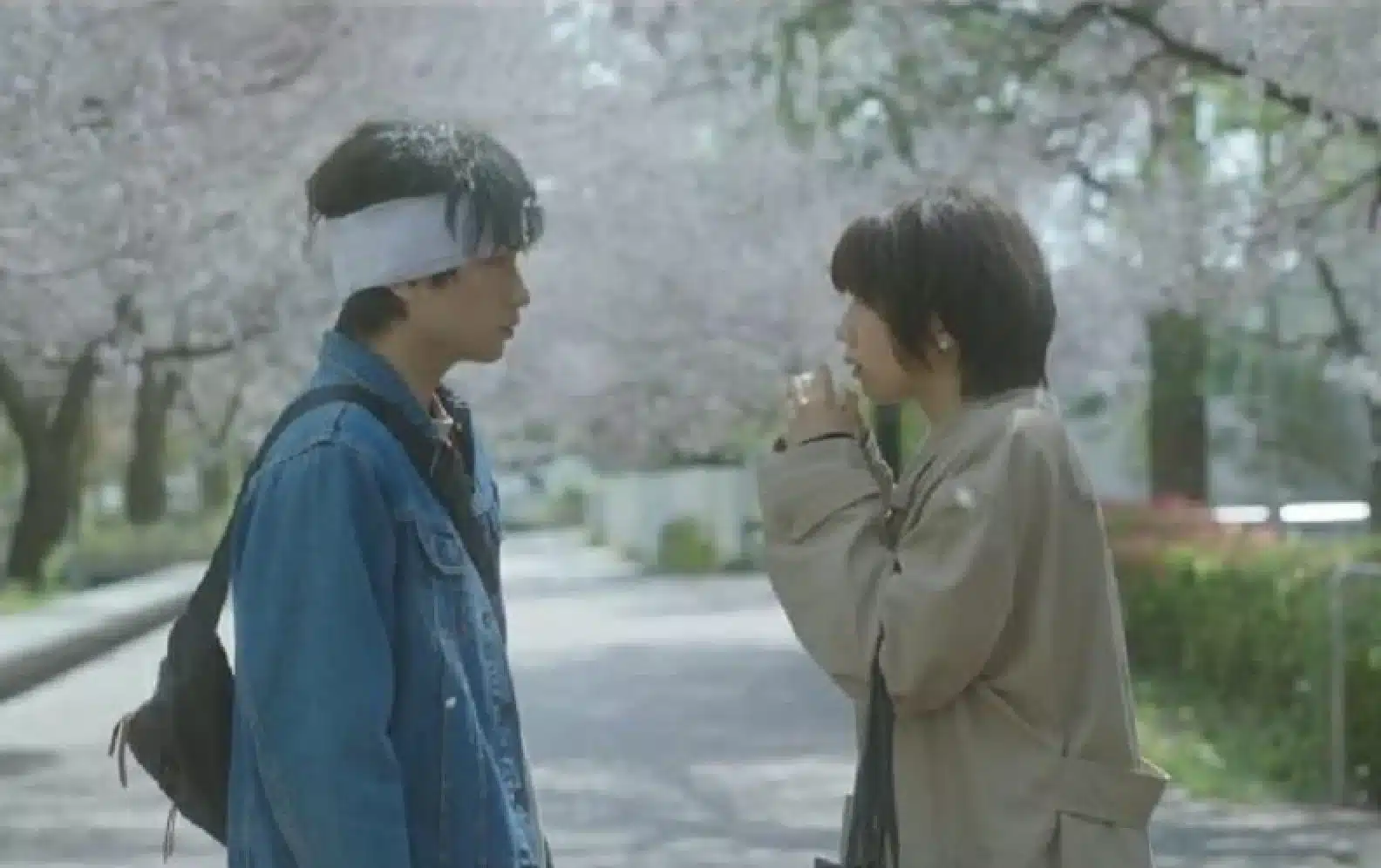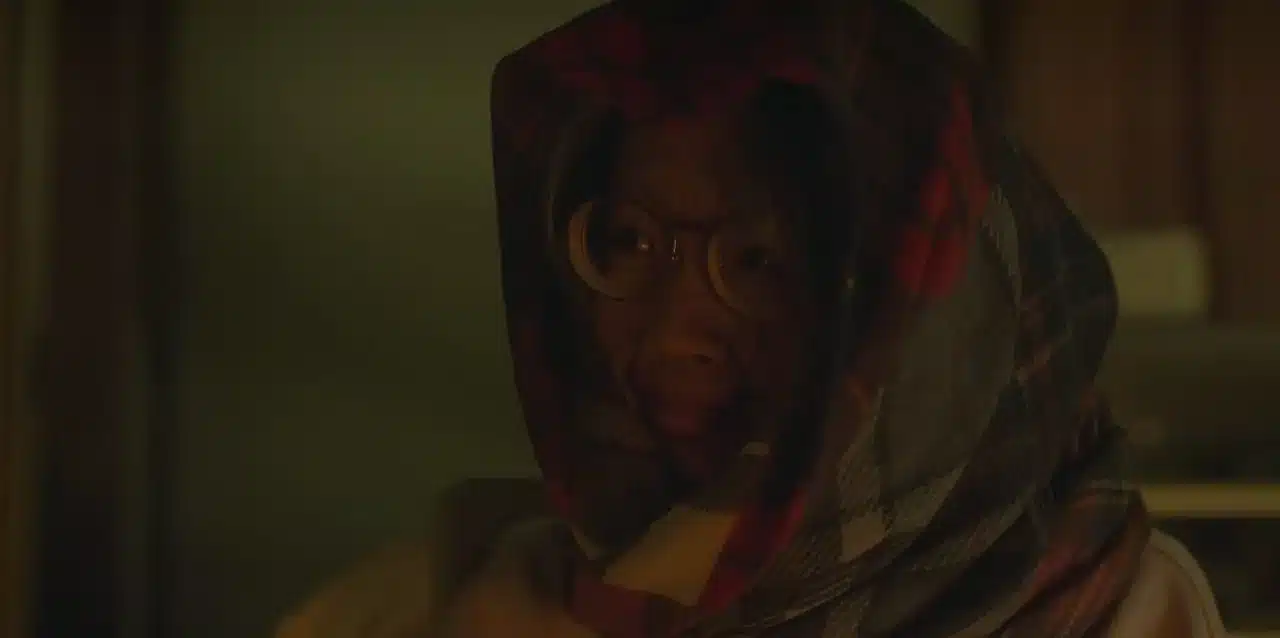‘Love Like the Falling Petals‘ (2022) is a Japanese drama movie in which Haruto, a promising photographer, falls in love with Misaki, his hair stylist. When he eventually asks her out, the young couple seems to be living happily ever after until Misaki contracts a rare ailment that causes her to age fast in front of their eyes. The movie is available to stream on Netflix.
With a magician’s precision and a touch of serenity, Yoshihiro Fukagawa directed the love drama ‘Love Like the Falling Petals’ (formerly ‘My Dearest, Like a Cherry Blossom’ or ‘Sakura no yna boku no koibito’). The plot, adapted from Keisuke Uyama’s 2017 novel, follows a short-lived romance, with symbolism evoking drifting times.
Haruto examines the environment through the lens of his camera, seeking to capture a fleeting moment. Misaki, on the other hand, is afflicted with a sickness that causes time to speed up. Meanwhile, the cherry blossom season comes around every year, reminding us of life’s impermanence. While the ending is sad and emotional, you might want to go back and read it again.
We’ll get to the conclusion later, but first, let’s take a look back at the roller-coaster trip of love and heartbreak.
Must Read: Is ‘Black Crab’ (2022) Movie Based on a True Story?
‘Love Like the Falling Petals’ (2022) Movie Plot / Synopsis
Haruto Asakura, a photographer, takes images of cherry blossoms while recalling a traumatic incident. He realises how much he has harmed her, which brings the storey back to his history. Haruto chooses to get a haircut after months of being a monk, which brings him to the Penny Lane barbershop with a voucher in his hand.
Haruto looks better than ever in Misaki’s capable hands. Despite the fact that Misaki’s haircut appears to be a little uneven, Haruto compliments her on her smiling countenance. Haruto is a special customer for her because he gave her her first haircut, and he constantly rearranging the salon to catch a sight of her.
Meanwhile, Misaki continues to rave about Haruto, her family’s renowned photographer, who includes her brother and his partner Ayano. Haruto intends to ask Misaki out on a date while getting his hair trimmed, but an earlobe mishap causes him to pass out. Misaki apologises profusely and pledges to cover all expenses.
They go to a hospital, where they exchange phone numbers. On the phone, Haruto finally expresses himself by asking Misaki out on a date. Haruto is overly formal, and they’re dining in a fine restaurant, which he doesn’t frequent.
Later, Haruto admits that he is not a photographer, and Misaki expresses her disappointment at his failure to pursue his passion. Haruto avoids her and only sees her after resuming his employment at the studio.
The romance blossoms, but Misaki learns that she has a rare genetic disorder. Her condition is known as Fast Forward Syndrome, in which she ages far faster than the usual individual. Misaki pushes Haruto away after the revelation, counting down the days till spring.
What Is Progeroid Syndrome and How Does It Affect?
Misaki’s hair begins to grey shortly after she turns twenty-five. While her colleague believes it is most likely stress, she has her suspicions. Misaki visits the doctor with her brother, who informs her that she is experiencing symptoms of the progeroid syndrome.
The syndrome in question is a rare genetic illness that causes people to have a difficult time in life. “Resembling premature ageing,” says Progeroid, which is presumably derived from Progeria.
The word encompasses a wide spectrum of disorders, all of which are caused by mutations in a single gene. Both familial Alzheimer’s disease and familial Parkinson’s disease are examples of fast ageing in older people, but none affects many tissues.
As a result, the term is typically reserved for Segmental progeria, which occurs when ageing affects many or all tissues. When Misaki and her brother hear the disease’s description, they can’t believe it.
She believes the doctor is presenting a hypothesis, to which the doctor responds that more testing is required. When the test results come back, the doctor fears that the patient has Fast Forward Syndrome, which is one of the rarest diseases in the family. While subsequent investigation confirms that the condition is fictitious, the clinical pathology category called progeroid syndrome does exist.
Although the symptoms are identical to Werner Syndrome, the onset is significantly faster. In both circumstances, the disease hastens the ageing process and leads to death. Misaki appears to be among the unlucky ones.
What Happens to Haruto and Misaki at the End of the Movie?
Misaki’s fate appears to be sealed from the moment she is diagnosed. However, much like Misaki, the spectators find it difficult to accept Misaki’s fate. Despite his wife’s rude practicality, Misaki’s brother does not give up on his sister. Misaki undergoes electromagnetic therapy, but the treatment proves to be a ruse.
The brother comes to his senses after hearing the truth from an outraged customer. They’ve lost a significant amount of money, and the doctor previously stated that there is no treatment. Misaki’s appearance changes dramatically as she loses her hair and her skin ages.
Misaki is isolated to her room after splitting up with Haruto, while the rest of the family tries to cope with the inevitable. Misaki, on the other hand, witnesses Haruto removing camera equipment while on a trip and bursts into tears. Misaki finally admits that she requires closure. Misaki’s brother runs into Haruto and tells him the whole tale before inviting him to the house.
Haruto again finds himself outside the door, but this time Misaki refuses to let him in. The minor stumbling block does not deter Haruto from opening his heart and revisiting their lingering moments. Haruto invites Misaki to his debut show, ‘Time and Space.’ Misaki clings to her vanishing youth one final time, despite her reservations, by visiting the exhibition.
When Misaki looks at the photo of cherry blossoms, the viewer’s mind is brought back to the metaphor of falling petals. People try to capture love like fluttering petals, but they only capture the moments. Misaki does not have the good fortune to survive the spring, and her brother honours Misaki’s wish by not informing Haruto at the cremation.
She passes away, leaving a void in Haruto’s heart. He suffers from despair and even contemplates suicide. With a postmortem letter from Misaki, Ayano comes to preserve the ending. When Misaki expresses her love and expresses how grateful she was for the earlobe incident, Haruto’s tears change to laughs.
Misaki’s remembrance lives in Haruto’s heart for the rest of his springs, while Haruto does not kill himself.
On March 24, at 12:00 a.m. PT/3:00 a.m. ET, Netflix released movie “Love Like the Falling Petals“. Are you planning on seeing the drama film?
LOVE LIKE THE FALLING PETALS
(On Netflix March 24)
An aspiring young photographer falls in love with a vibrant hairstylist. The future stretches before them — until a twist of fate changes everything. pic.twitter.com/nXfMkuoLO4— NetflixFilm (@NetflixFilm) March 1, 2022

















